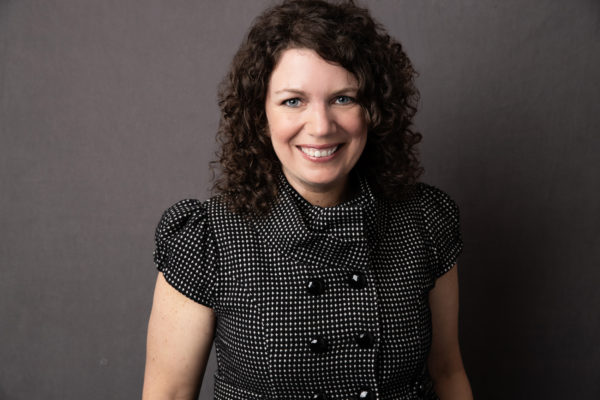How can the industry get more women involved? Kelly Frizzell, Estimator Support, believes one option is for schools to empower and encourage more girls to pursue paths that will lead to careers in construction.
What got you interested in construction? How did you get your start?
I was always good in math and science, so several teachers and counselors directed me towards engineering. My grandfather owned a residential construction company, so it was somewhat in my blood. I went to Purdue University and graduated with a Bachelor of Science in Industrial Management and Industrial Engineering. I took architecture classes at Nashville Tech while working. I was hired at BELL before completing those classes and learned the rest of what I needed to know in the office and in the field.
Was there anyone that inspired you to pursue a career in construction?
My grandfather started a residential construction company in 1953 in Mobile, Alabama. It is still in business after 67 years and remains family-led. That helped inspire me to look into a career in construction. I thought I would be in the residential arena when I was younger, but I ended up at BELL almost 21 years ago. Thankfully, I’ve had some great mentors at BELL along the way that inspired me as well. They’ve helped me learn so much and made the work enjoyable. Shout-out to all the field employees who have always been the most special to me and the ones who inspired and taught me the most. They are the heart of our company.
What challenges have you had and what have you learned from them to help you advance?
Several years ago, when I was a Project Manager, Ray Bell and I had a conversation about what it’s like to be a female in this industry. I told him that I had found a lot of people underestimate me or try to talk to my boss instead of with me directly. He said that being underestimated is a powerful tool and that people had underestimated him for years thinking he was a country boy who couldn’t possibly have any business savviness. This motivated him to earn the respect of others in the industry. He told me to do the same and to use the underestimation to my advantage and not see it as a challenge. I always appreciated him caring and giving me such good advice. I found that once I had the respect of the guys in the field, everything else fell into place.
Another challenge I’ve faced is finding a balance between life and work. I was a Project Engineer and then a Project Manager for about 10 years before leaving BELL to be a stay-at-home mom for a few years. Once both of my kids were in preschool, I started working again part-time. I have been a part-time employee for eight years now. I am very thankful for the opportunity to continue to be part of the BELL team, but also be the mom and wife that I want to be. Learning to set my limits and stick to them was an invaluable skill that I learned and am thankful to have. It may not be a traditional career advancement but it has advanced my life exponentially.
How can the field/industry improve in getting women more involved?
There are plenty of ways for women to get involved, but first they have to want to. Most girls aren’t pushed towards work or education paths that land them in the industry so the opportunities and encouragement may need to start early in primary schools. I was fortunate to have a family who encouraged me. The industry has changed a lot in the last several years and some of those changes should help to encourage more women to pursue a career in construction. When young women see the ability for advancement, pay, benefits and recruitment increase, it’s more likely they will want to be involved.
What advice do you have for women considering a career in construction? Why do you believe that it is essential to have women in construction?
Women entering the industry should be willing to work hard, be teachable, be assertive, and have thick skin. Women are essential in all industries, not just construction. We bring a different approach and a different perspective that should be respected for its uniqueness and merit.
How would you grade the industry in getting women involved? What could be improved?
It’s not the industry’s job to get women involved. It is mandated that equal opportunities be available, and as long as that’s the case it is up to us to seize that. It is very rare to see women attain a rank higher than project manager in the office or foreman in the field. It would be amazing to see females in the boardroom and trailers leading meetings. The opportunity is there but work-life balance sometimes comes before the desire to climb the ladder.

